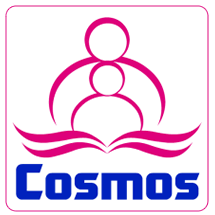THE EPISTEMOLOGY OF SELF-AWARENESS: EXPLORING NORMAN MALCOLM’S VIEWS ON CONSCIOUSNESS AND THE PARADOX OF KNOWLEDGE DURING SLEEP
DOI:
https://doi.org/10.53555/eijhss.v6i4.214Keywords:
Cartesian Dualism, Consciousness, Awareness, Certainity, Knowledge, SkepticismAbstract
Norman Malcolm, a 20th-century philosopher, is particularly known for his contributions to epistemology, philosophy of mind, and philosophy of language. One of his major concerns in epistemology, particularly in relation to self-awareness and consciousness, revolves around the nature of knowledge about oneself and the paradoxes that arise in understanding the limits and conditions of this knowledge. Among these paradoxes is the intriguing problem of knowledge during sleep, which Malcolm discusses in his work. Malcolm is best known for his contributions to the philosophy of mind, particularly in relation to the ideas of Ludwig Wittgenstein and his critique of René Descartes' Cartesian philosophy. In his works, especially his influential book "Knowledge and Certainty" (1973), Malcolm presents a critical examination of Descartes' famous dualism and his foundational approach to knowledge, questioning the basic assumptions of Cartesian epistemology







